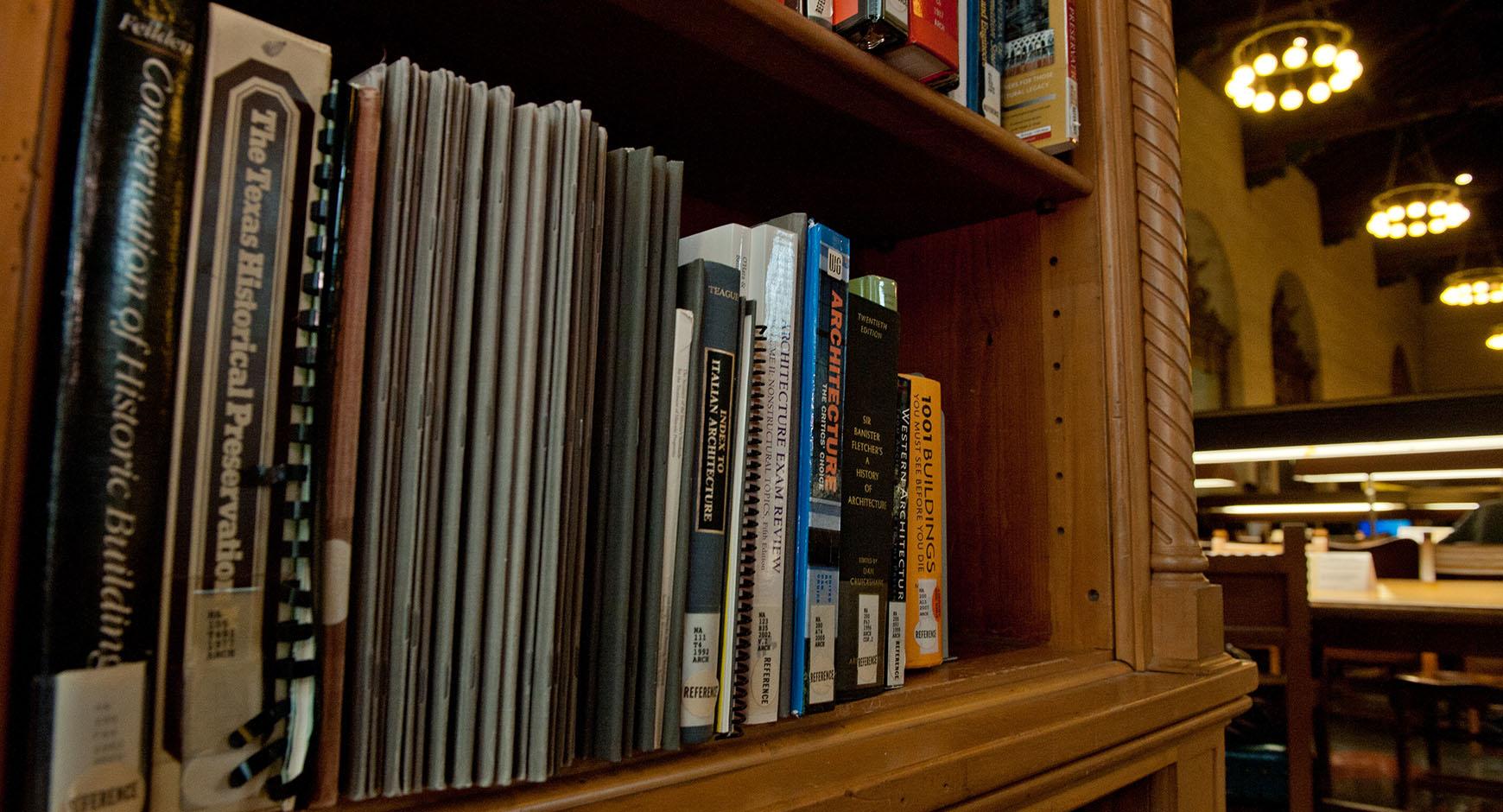
AUSTIN, Texas—The University of Texas has expanded a partnership with Cambridge University Press that will result in global open access to research published by authors and researchers across the UT System.
The three-year extension of the contract – referred to as a “Read & Publish” agreement – provides system-wide institutional access to all Cambridge University Press journals, and offsets the costs of open access publishing of all works authored by University of Texas experts.
The Scholarly Publishing and Academic Resources Coalition (SPARC) defines “open access” as “the free, immediate, online availability of research articles combined with the rights to use these articles fully in the digital environment.”
The contractual enhancement means that faculty and researchers of the UT System will not have to pay Author Processing Charges (APCs) when they publish with Cambridge University Press journals in order to make their articles open access.
Vice Provost and Director of the University of Texas Libraries at The University of Texas at Austin Lorraine J. Haricombe has long championed open access initiatives.
“The out-of-pocket costs to faculty members and departments have long been an impediment to creating momentum for the expansion of open access at public institutions of higher education,” says Haricombe. “Through this innovative approach with Cambridge Press, we’re able to mitigate those costs while also allowing copyright to be maintained by creators instead of publishers.”
University of Texas System authors publish roughly 70 articles a year on average. Using a Cambridge Press estimate of an average APC cost of almost $3,000 per article, that represents a potential savings of over $200,000/year for all System-authored open access publication costs.
“This model also creates an opportunity for worldwide access to the rich research of the University of Texas, which will help to accelerate related innovation,” notes Haricombe. “The expansion from our previous agreement helps move beyond the previous publishing model, which was unsustainable, and increases readership and scholarly impact. It’s a win/win.”
The contract went into effect beginning January 2021, and extends through December 2023.


